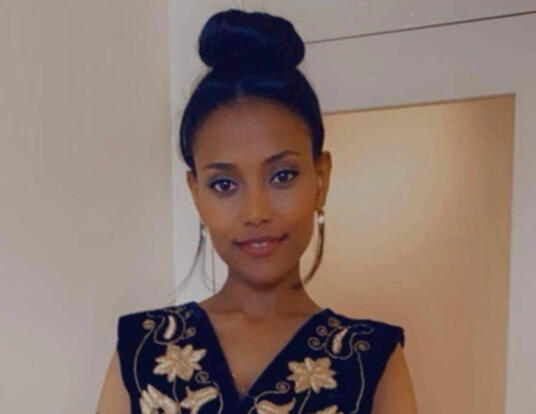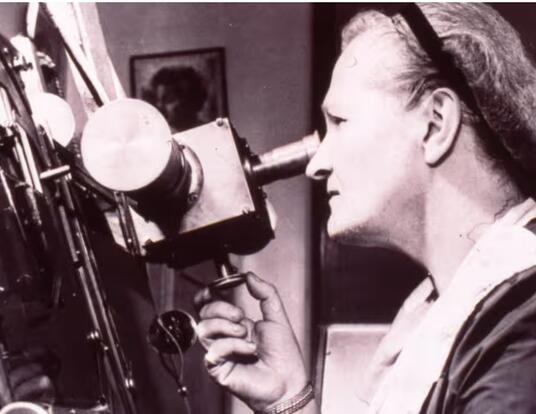Partners for a More Inclusive Harvard Griffin GSAS
EDIB supports students working to make the School a place where all feel welcome
The problem wasn’t the work.
Karina Gonzalez Herrera could handle the rigors of Harvard’s PhD Program in Biological and Biomedical Sciences. The hardest part of the transition for the first-generation Latina PhD student who came to Harvard Griffin GSAS in 2010 was the distance from her close-knit family and diverse community in southern California. Studying at a mostly white institution, she felt disconnected, isolated, and alone.
“As an undergraduate, I went to a small California state school close to where my family lived,” she says. “The population of minority students was pretty high. I was surrounded by folks who were from backgrounds traditionally underrepresented at universities. They understood me. Being away from my family and support system was stressful. And I didn’t want to let people know that I was struggling because I didn’t want to let anyone down.”
Gonzalez Herrera eventually found the guidance and support she needed to succeed, becoming in 2016 the first person in her family to obtain a PhD. Today, Dean Sheila Thomas and the staff of the Office of Equity, Diversity, Inclusion, and Belonging (EDIB) partner with student groups to foster an inclusive community where first generation and BIPOC students like Gonzalez Herrera—as well as those who identify as LGBTQ+—can grow and thrive.
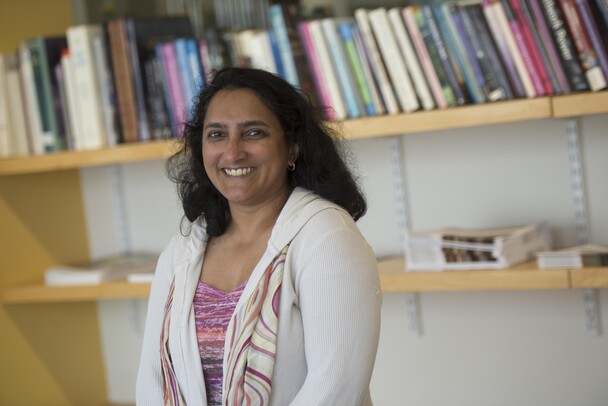
Our work is to expand the space so that everybody feels like they’re part of it.
–Dean Sheila Thomas
Opening the Gates
Dr. Thomas, who serves as the School’s interim dean of students and special projects advisor as well as dean of equity, diversity, inclusion, and belonging, says that the goal of the Office of EDIB is to open Harvard Griffin GSAS’s gates so that more people feel they belong here.
“If you come here, we need to make sure that the way we’re looking at you and the environment that we're creating isn't one that only works for a relatively narrow group of people,” she says. “Our work is to expand the space so that everybody feels like they’re part of it.”
Feeling part of an elite institution like Harvard can be difficult if you’re not one of the “in crowd.” Gonzalez Herrera, who served as Harvard Griffin GSAS’s director of equity, inclusion, diversity, and belonging until this month when she took a similar position at Yale University, says that partnering with affinity groups like the W.E.B. Du Bois Graduate Society, Minority Biomedical Scientists of Harvard (MBSH), Harvard Graduate Women in Science and Engineering, the Latinx Student Association, and LGBTQ@GSAS is one way that EDIB staff help students from different backgrounds parse the School’s “hidden curriculum.”
“One of the office’s roles is to make sure that students can organize various social, community-building, academic, and professional development events,” Gonzalez Herrera says. “So, EDIB staff work with organizations like MBSH, for example, which holds panels on fellowships and how to fund your PhD, how to find a mentor, and how to select a lab. Underrepresented Scholars in Neuroscience does a Life in Academia series to help students learn how to navigate a place like Harvard. And the W.E.B. Du Bois Graduate Society has similar offerings for students in all areas as well as programming on wellness and community building.”
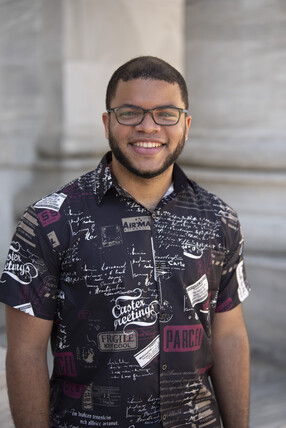
Xavier du Maine, assistant director of equity, diversity, inclusion & belonging, Harvard Integrated Life Sciences, says EDIB’s work is critical because it’s often a challenge for students of color—as well as those from underprivileged socioeconomic backgrounds, those who are the first in their families to pursue higher education, and those who identify as LGBTQ+—to find community at Harvard. “I was the only Black student in my cohort of over 50 students in the biological and biomedical sciences program,” he says. “That was definitely an isolating experience. Affinity groups are a huge way students find community on campus.”
EDIB also directly brings students together through its bi-weekly Coffee and Cookies series that takes place on Harvard’s Cambridge, Allston, and Longwood campuses. More recently, Associate Director of Equity, Diversity, Inclusion & Belonging Alicja Majer has partnered with the LGBTQ@GSAS student affinity group on Queer Community Gatherings. The meetings, which take place in Cambridge on the second Tuesday of every month and in Longwood on the first Wednesday, “provide flexibility and meet the needs of the folx present whether that means building community, tapping into joy, or discussing concerns around LGBTQIA+ legal rights.”
Majer, who specifically supports LGBTQ+ students at Harvard Griffin GSAS, says that it’s more important than ever to have “visible resources” for the queer community on staff at the Office of EDIB.
“Having someone who engages directly with queer students and gender-diverse graduate students—and those who support them—symbolizes their belonging at Harvard Griffin GSAS,” they say. “That impacts the ability of those students to succeed as well as the School’s ability to retain them and then keep them engaged as alumni. Students are looking for somewhere they can build community and long-term relationships. We collaborate with them to help make that possible.”
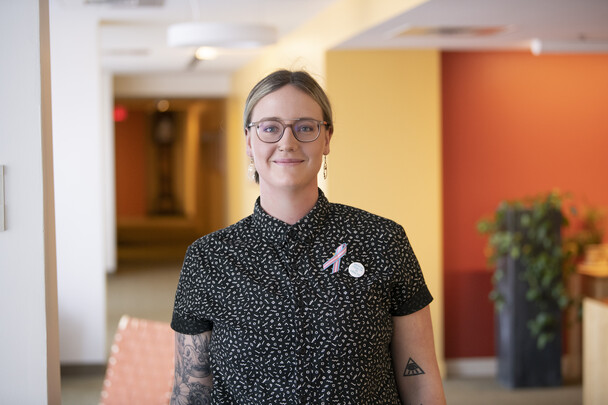
Having someone who engages directly with queer students and gender-diverse graduate students—and those who support them—symbolizes their belonging at Harvard Griffin GSAS.
–Alicja Majer
The Front Lines
On the front lines of the team’s efforts are program coordinators Annie Bae and Stacy Clemons. Both work to provide Harvard Griffin GSAS students—and the colleagues who support them—with the resources they need to support EDIB efforts. “Students are often unsure of who to ask for guidance or where to find a resource,” Bae says. “We’re in touch with them to answer questions and to help them find what they might be looking for.”
Bae, who received a master’s degree from Harvard’s Graduate School of Education in 2020, has a good understanding of the challenges faced by students of color—particularly imposter syndrome.
“Being at such a prestigious place, it’s sometimes hard to take up space,” she says. “You're always second-guessing yourself. You're always stopping yourself. I remember I had a difficult time speaking up during discussions in class. I had to learn to be a little bit more intentional about trying to get my voice heard.”
Thomas says that the struggle to be heard is just one of the many microaggressions experienced by students like Bae—and their Harvard Griffin GSAS counterparts. To begin with, relatively few faculty come from underrepresented backgrounds, so it can be hard to find someone who can understand the experience of students who do—and who can provide helpful guidance. The lack of knowledge extends beyond professors to administrators and classmates.
“There can be a lack of awareness or cultural intelligence,” Gonzalez Herrera says. “The kinds of questions asked of students may be well-intentioned but can have a negative impact because of the different experiences that they have to navigate while being here.”
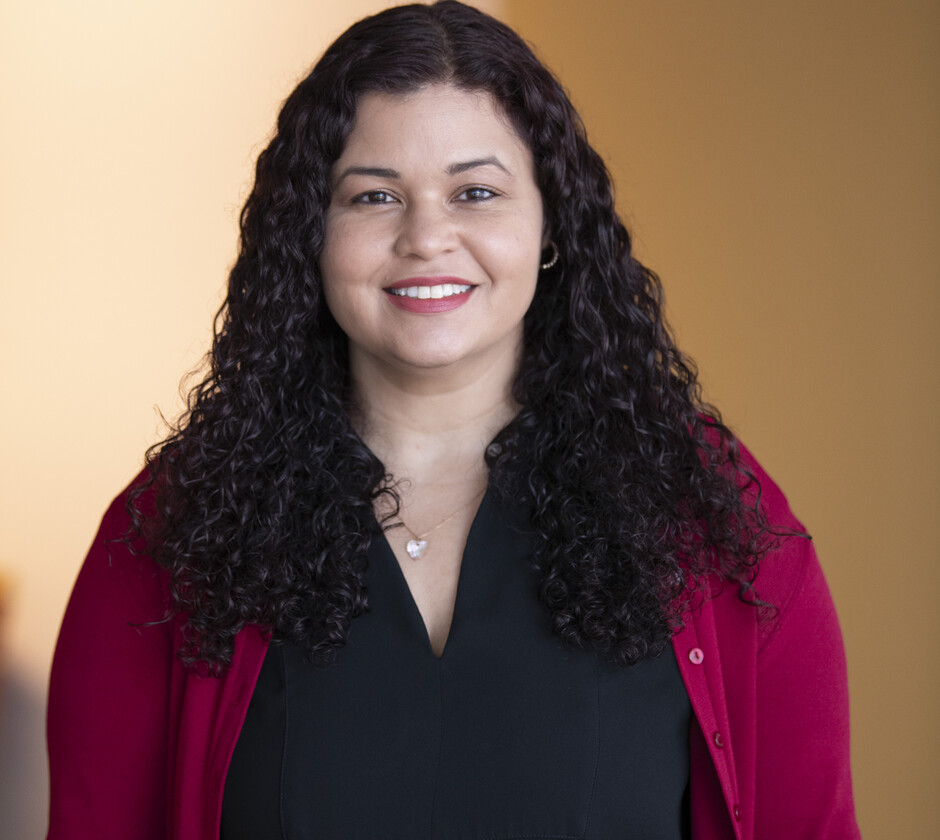
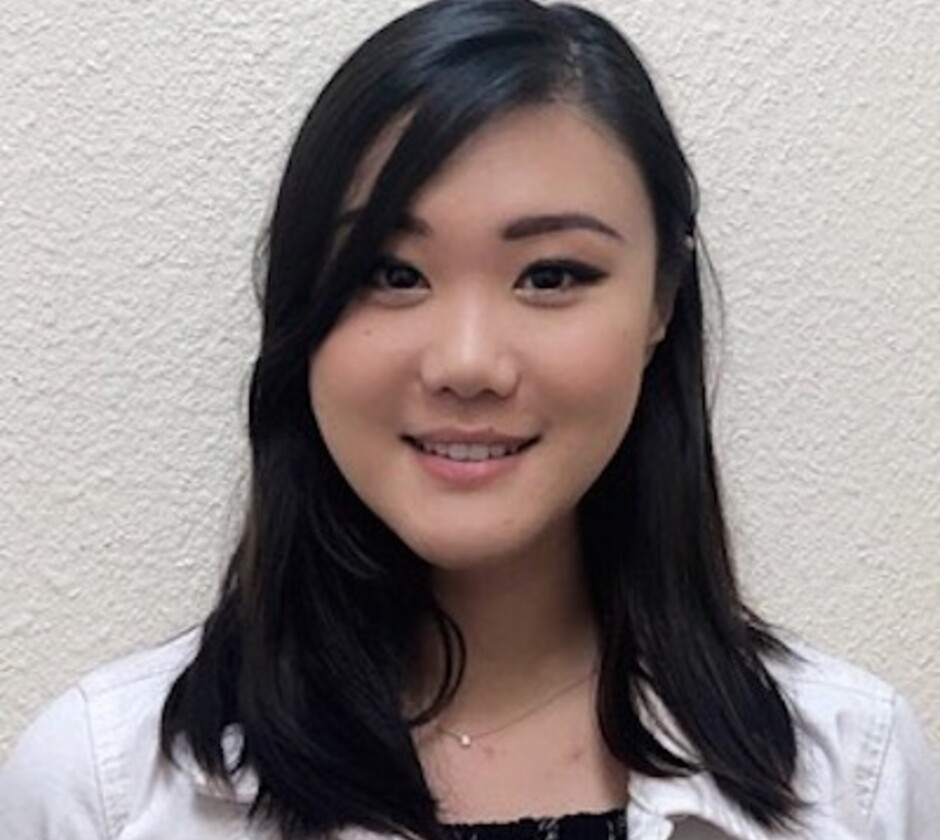
Creating a welcoming environment is one of the things that Clemons, who has worked with students at Columbia and MIT as well as Harvard, enjoys most about her job. She relishes the opportunity, for instance, to engage with the participants of Harvard Griffin GSAS’s Research Scholar Program, which enables non-degree-seeking students at Harvard Griffin GSAS “to build skills, gain experience, and/or undertake coursework to enhance their competitiveness and preparation for a doctoral program.”
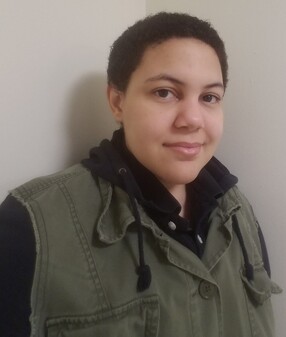
“I get the privilege of seeing the students on Tuesday evenings,” she says. “I provide a meal for them during session. There’s this sense of community where I get to talk to them, hear their stories, and ask them how they're doing. It’s deeply fulfilling.”
Associate Director of Equity, Diversity, Inclusion & Belonging Clarisse Wells says that the sorts of interactions Clemons describes are the most meaningful part of their job. They can also be the most useful for understanding the student experience—and how to improve it.
“Those are the most revealing times when you see where the status quo isn't working for folks and where it can even be harmful,” they say. “We need to know that to advocate for change and move the University in a direction that better represents what we all want our Harvard community to be. Getting to know where the students stand on issues and empathize with their concerns is a cornerstone of our work.”
‘We all have something to learn.’
Dean Thomas says the efforts of the Office of EDIB are ultimately aimed at one thing: student flourishing. To achieve that goal, every member of the Harvard Griffin GSAS community must take responsibility for ensuring that the School is an inclusive and welcoming place.
“We can't just admit students and then tell them, ‘Adjust,’” she says. “We have to take a look at what we’re doing that might send a message that someone with a certain background or identity doesn’t belong here. We need to create spaces that allow folks to reflect on their identities and their experiences, to share that, and to think about how different—or how similar—we are. It’s about trying to change attitudes and help people become aware of their biases so that they can do things in a new way. That’s the work of the Harvard Griffin GSAS Office of EDIB but everyone needs to participate. We all have something to learn.”
Get the Latest Updates
Join Our Newsletter
Subscribe to Colloquy Podcast
Simplecast



